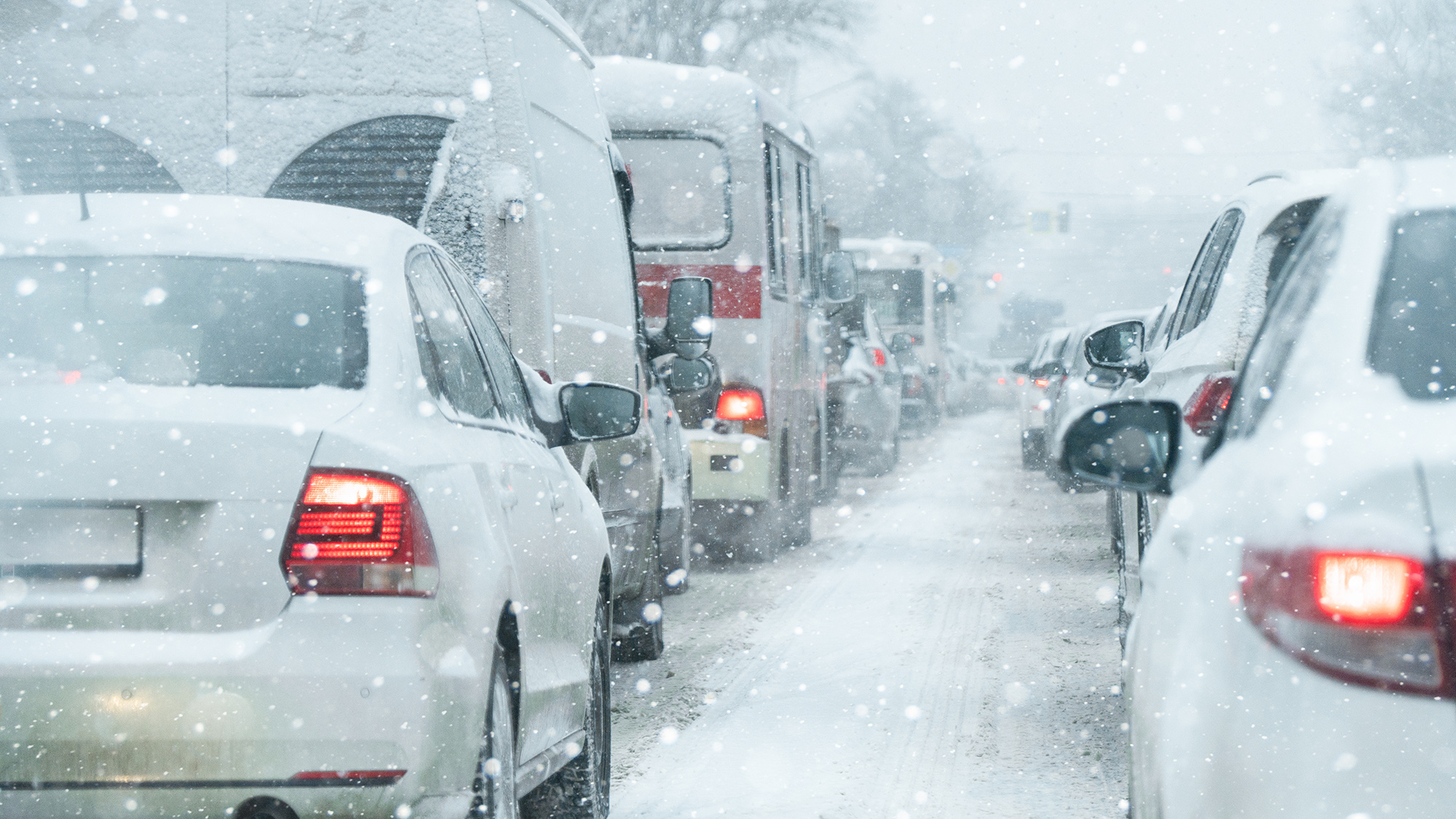'I think we'll get to the point where your bed is going to diagnose you.' Eight Sleep's Alexandra Zatarain on the future of mattresses
The co-founder of Eight Sleep reveals how AI is changing the way we sleep forever
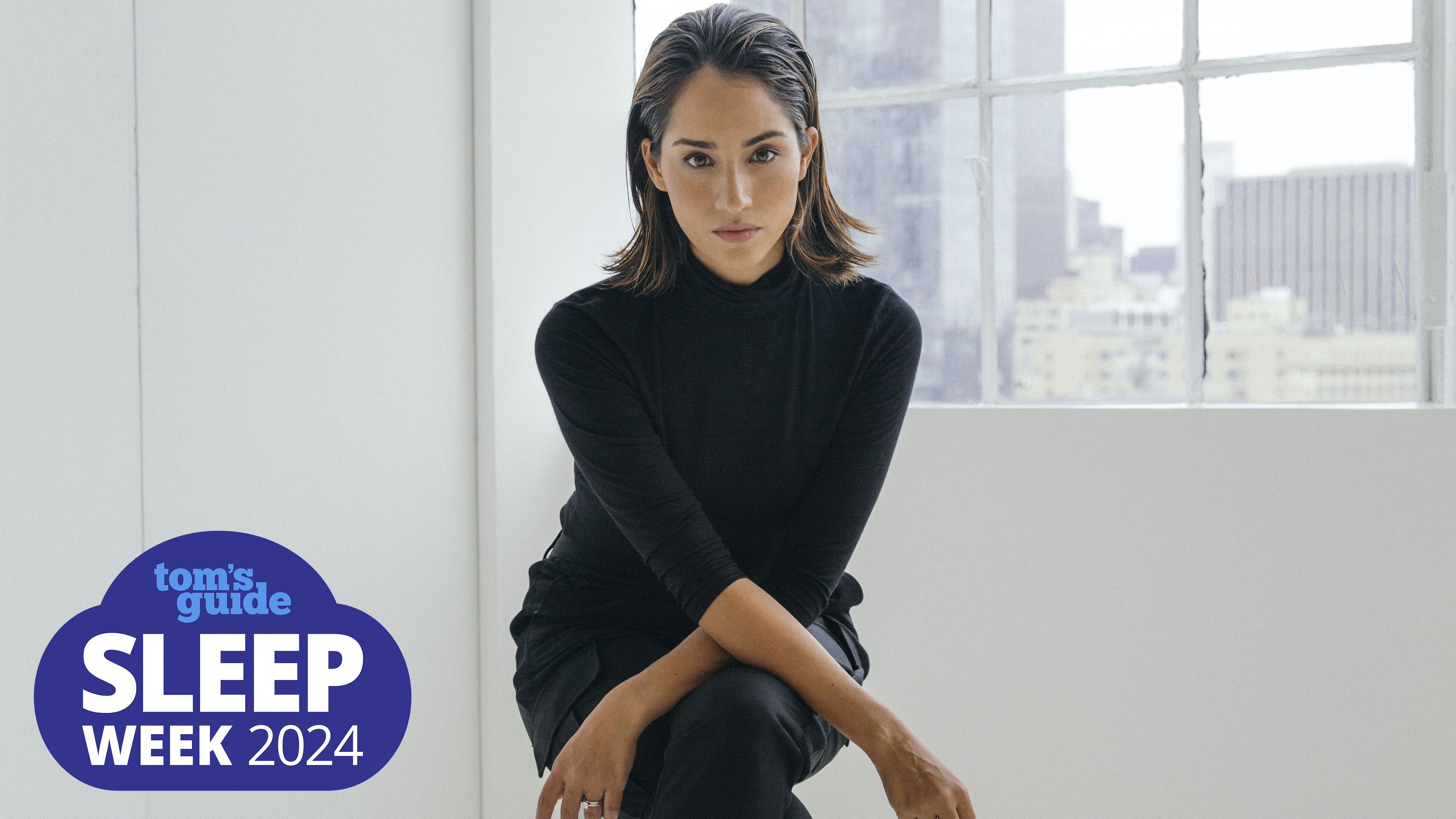
Artificial Intelligence is now present in almost every aspect of our lives, including sleep. While AI's ever-present impact has become controversial in some fields, those involved with sleep technology are looking to put it to good use.
One such person is Alexandra Zatarain, co-founder and VP of Brand and Marketing at Eight Sleep, one of the best mattress brands in the world for sleep tracking and sleep optimisation. Zatarain (who was named as one of Forbes' '30 under 30' in 2017) is a passionate advocate for using AI to boost sleep quality.
To celebrate World Sleep Day this Sleep Awareness Week 2024, we sat down with Zatarain to discuss her sleep schedule, what not to do to get a good night's rest, and why AI is most definitely the future of sleep. You can learn more about how Zatarain and Eight Sleep are transforming sleep with our guide to the Eight Sleep Pod 4 Ultra.
Why did you first become interested in sleep?
"I first became interested in sleep almost a decade ago, and it mainly came through Matteo Franceschetti, my co-founder and CEO of Eight Sleep. He was in that phase of his life where he was coming off of building his first company and selling it. It was in his 30s, when your life starts changing and your body starts changing.
"When they explained to me what we could do through sensors, AI, machine learning... that's when I got super-excited."
"When he started looking into how he could optimise his sleep, he realised that there wasn't a lot of technology that was actually focused on sleep improvement. So he kind of roped me into it when he and another co-founder, Max Bassi, built a prototype of that technology, and they asked me to sell it.
"That's what really got me personally interested in investing so many years of my life in the idea of what technology can actually do for your sleep and during your sleep. When they explained to me what we could do through sensors, AI, machine learning and through environmental triggers, that's when I got super-excited about it."
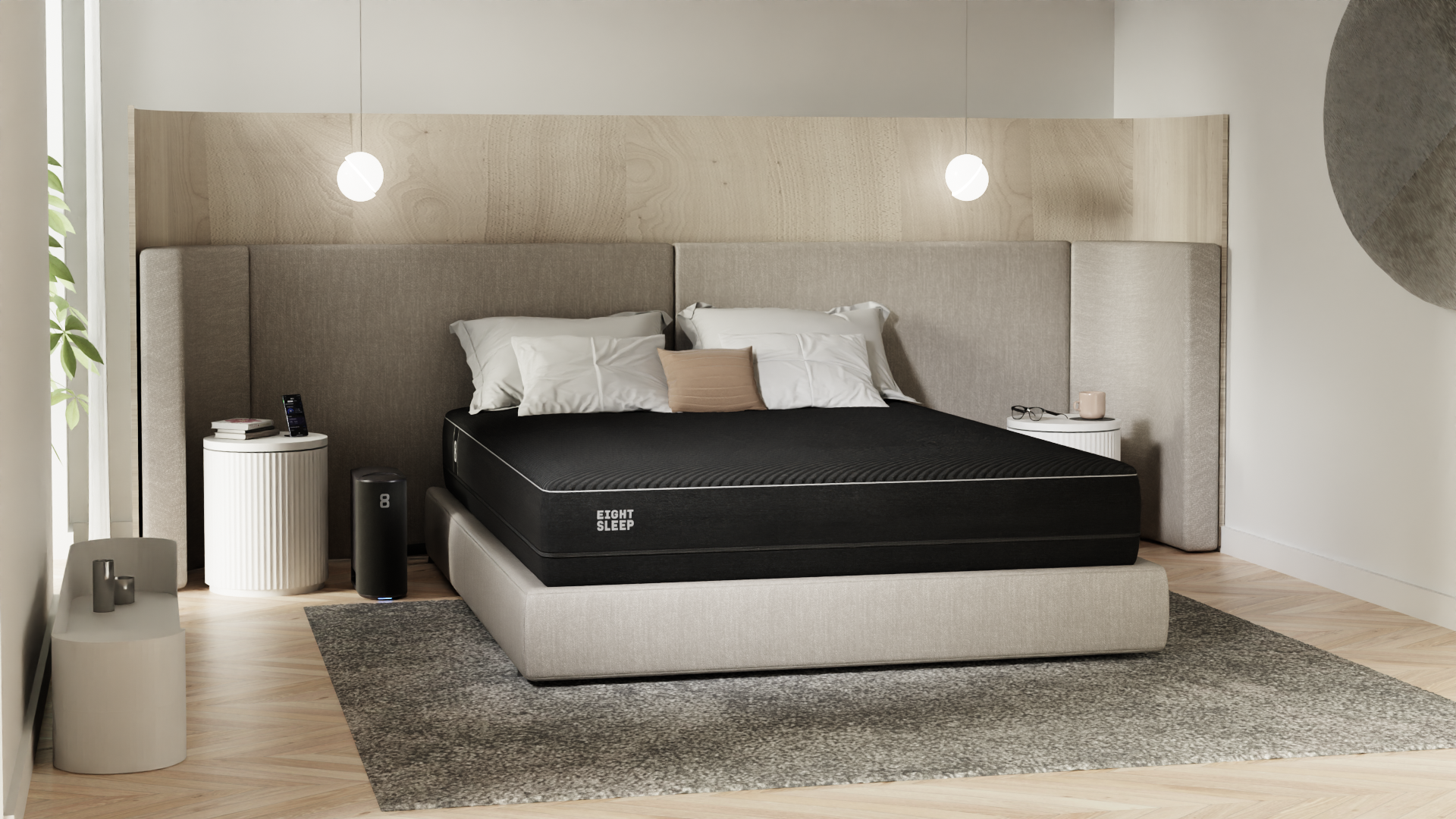
What features do you look for in a mattress?
"I think foam mattresses tend to be the most loved and are definitely my preference. They tend to be the most comfortable, but they do tend to be the ones that stay warmer. That's why we pair that with our pod cover, and most people that do so love it too.
"I would look for immediate comfort and how it can turn around your body. But also you want to pay attention to how it supports different sleep positions, as you're going to need support in different areas. Whether you're back sleeper or a stomach sleeper, you're going to need something slightly different.
"The mattress is only a small percentage of the environmental factors that influence your sleep. So pay attention to the rest as well. A lot of people blame the mattress, but the temperature, light, noise... even the humidity in the room have a much bigger impact."
Just how smart will mattresses will become?
"I think we'll get to the point where your bed is going to diagnose you. That's what we're working on at Eight Sleep. "We know that whether it's us or some other company, someone's going to get there. We spend seven to nine hours every night [in bed].
"So it makes the most sense that when you go to sleep, your bed is going to track you and the day that something pops up, it's going to tell you. Whether it does a direct diagnosis or refers you to a doctor, it will be because of the data and the information that your bed has about you."

Do you envisage AI being used to a greater degree in mattresses?
"Yes, definitely. I mean, we already see that at Eight Sleep. We've built our signature algorithms, called the autopilot, that are able to understand you as a user and build a blueprint of who you are as a sleeper, taking into account a lot of different elements about such as your biological age and sex.
"But it also takes into account environment, temperature in the area you live, the temperature in your room, the changes that you make over time to it, the feedback that you give it, sleep phases you had the previous night, etc.
We're already seeing the power of machine learning to understand an individual and create the perfect sleep environment for them.
"So we're already seeing the power of what you could do with machine learning to understand an individual and create the perfect sleep environment for them.
Get instant access to breaking news, the hottest reviews, great deals and helpful tips.
"I do think in general, when we talk about mattresses and AI, the beauty of the mattress is that it's a huge surface that presents an opportunity to put in a lot of different sensors that can give the user a lot of interesting information about themselves. That information can be helpful from day one, but it can also be helpful as it records things over time."
So mattresses could be used to help spot and health prevent issues?
"So that is one of our long term visions that aid sleep – it's not just to stop at improving your sleep, which we're doing today, but to turn the mattress and the entire bed into a preventative health device.
"That's only possible if we can use AI because it means the ingestion of a lot of information to see when your stress levels are changing, when you may be developing certain conditions in your body. All of these health sensors being in this enormous surface of the bed are able to tell us more things about your health beyond your sleep.
"The second interesting thing about the mattresses as a surface and pairing it with AI is the high level of retention. People will get a bed and they'll use it for five or eight years. So you have them for a long time, you can track all of the things about their sleep and health for a long time. So you have that longitudinal analysis."
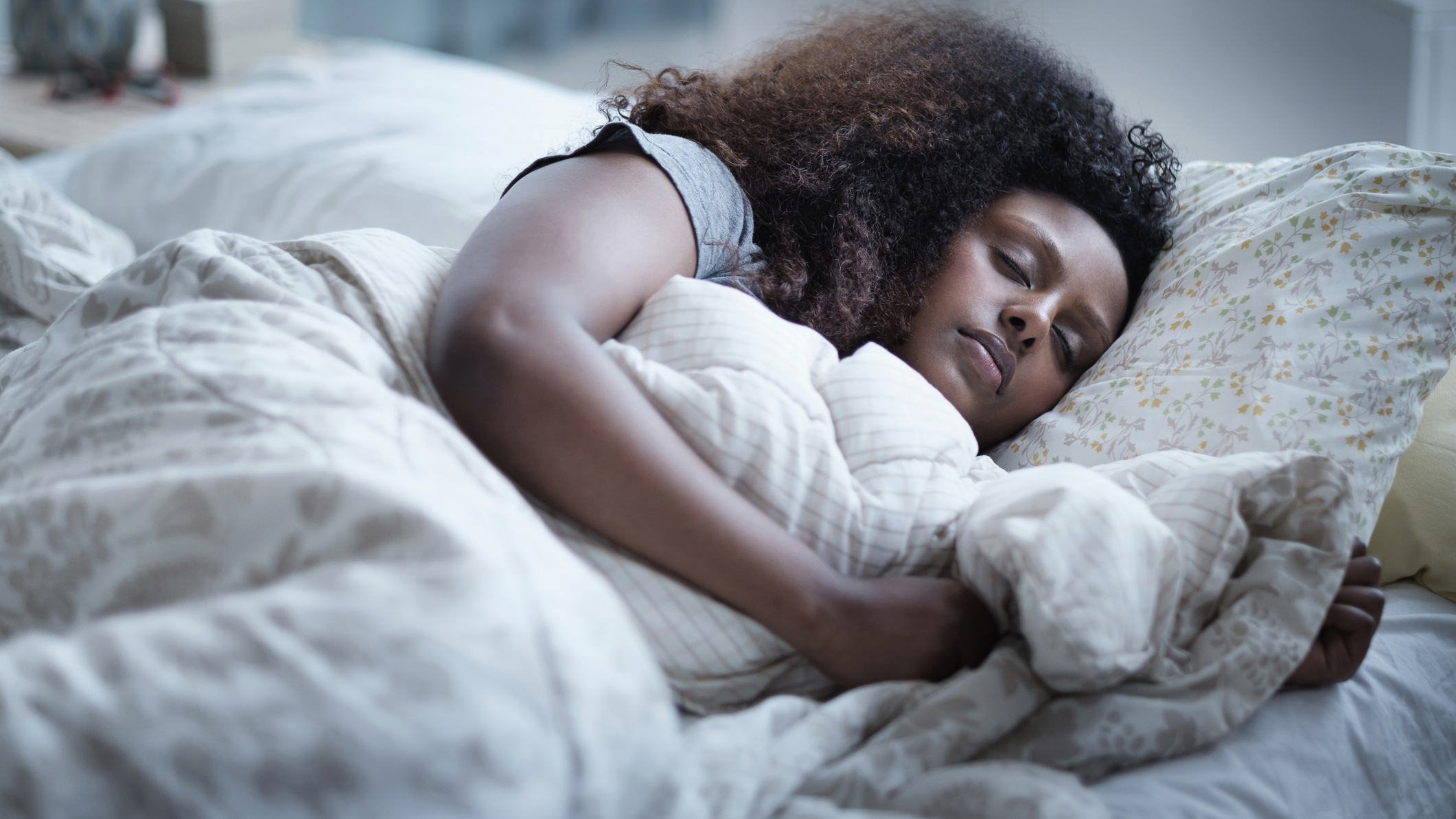
Is it wise to rely on tech so much to help us sleep better?
"We define ourselves as a sleep fitness company, because if you want to be healthy in your sleep, it does mean that sleep is something that you need to prioritise, but the prioritisation is something that technology cannot do for you. You need to be the one holding yourself accountable for maintaining certain sleep habits, for building the routine, for paying attention to other factors in your day that influence your night.
You need to be the one holding yourself accountable for maintaining certain sleep habits.
"Yes, it's important to use technology to your benefit, but you also need to put in the work on your side. Technology could make it easier to solve some of the problems that you may encounter as you try to sleep, but it doesn't mean that with technology alone you're going to suddenly get a better night's sleep.
"We're very complex as humans. So technology's not made – today at least – to deal with all that complexity. Maybe one day it will be able to deal with everything, but as of now you need to be able to leverage technology but put in some effort too."
Some doctors say that sleep tracking at home isn't reliable. What's your take?
"I think that there's always going to be some resistance from other fields on adopting the technology because it's just not the way that they've been doing things. The reality is, would you prefer that someone shows up to your practice with absolutely no knowledge and no recollection of how they've been sleeping for the last weeks and months, or that someone has some level of information that directionally could tell you what's happening to their health?
"We can't seek perfection immediately. That's how technology works and improves over time. But I do believe that a patient that shows up with some level of information and guidance is much better off than someone who has nothing, and then is going to be invited to spend thousands of dollars to go into the clinic, which is a foreign environment to them, and tried to do the same thing that an Eight Sleep Pod could do at home for you.
"It's not beneficial to the customer to tell them that it's not valuable to use a tracker. I really believe it is and that it's going to put them in a better place when they're trying to understand their sleep and their health."
Tell us about your sleep routine – what do you do to get the rest you need?
"My sleep routine is quite simple, and the reason it's simple is because I've worked at it over the years. It's very important to go to bed (for the most part) at the same time every day, including weekends. I wake up at the same time, I actually am so consistent that I rarely use an alarm — my body just wakes up naturally.
"So I'll go to bed between 9.30pm and 10pm every night. I started winding down a little ahead of that. Because I'm so consistent with my sleep, I don't need a really elaborate wind-down routine because my circadian rhythm is accustomed to falling asleep at that time, so I'm gonna get naturally tired anyway.
"I sleep in an environment that is cool, dark and quiet. My bedroom is capped at around 73°F (23°C)"
"My wind-down routine is simple: I try not to be working in my computer past 7.30pm, then I have a dinner that's easy to digest. I don't drink alcohol – I've been alcohol-free for five years. If I'm really, really tired or a jet lagged and I need a bit of a boost [to relax], maybe I'll have some melatonin.
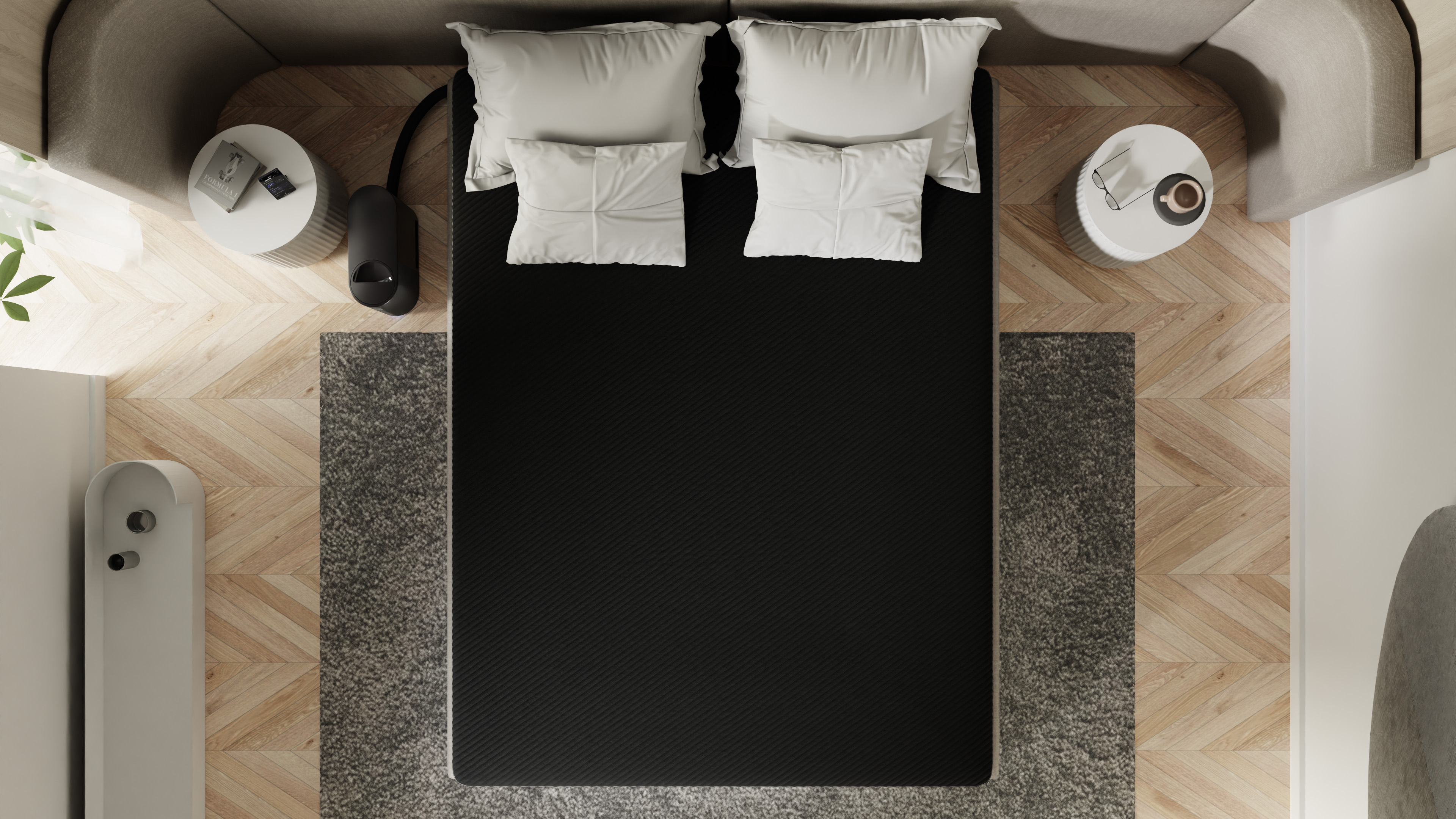
"What's most critical is the environment I've created for sleep. I sleep in an environment that is cool, dark and quiet. My bedroom is capped at around 73°F (23°C). I sleep with light pyjamas, no socks, and that allows my body to self regulate its temperature.
"And of course, I sleep on the Eight Sleep Pod. So I warm up my Pod, and then cool down my room. I sleep with light blankets and a light comforter, and I also sleep with blackout shades on my windows which allows me to also fall asleep faster. I'm very sensitive to light and noise – even white noise – and anything else that could distract me. I use the Pod technology to regulate temperature throughout the night and throughout the different seasons.
"I wake up naturally without an alarm. When I do need an alarm, I'll just use a vibrating alarm from the Pod to wake me up gently."
What is the one thing you would never do in case it affects your sleep?
"A consistent use of melatonin or sleeping pills. Just be mindful; don't disrupt your body with a lot of chemical components. It doesn't mean that they're bad – they're natural chemicals – but they are going to change a little bit of your biology during that time.
"Ideally you should find solutions outside of that unless you have some sort of medical condition that requires it. The same goes for the overuse of caffeine during the day. That's something I personally just wouldn't do. I would go the route of creating [good sleep] habits and routines, and environments that are cool, dark and quiet."
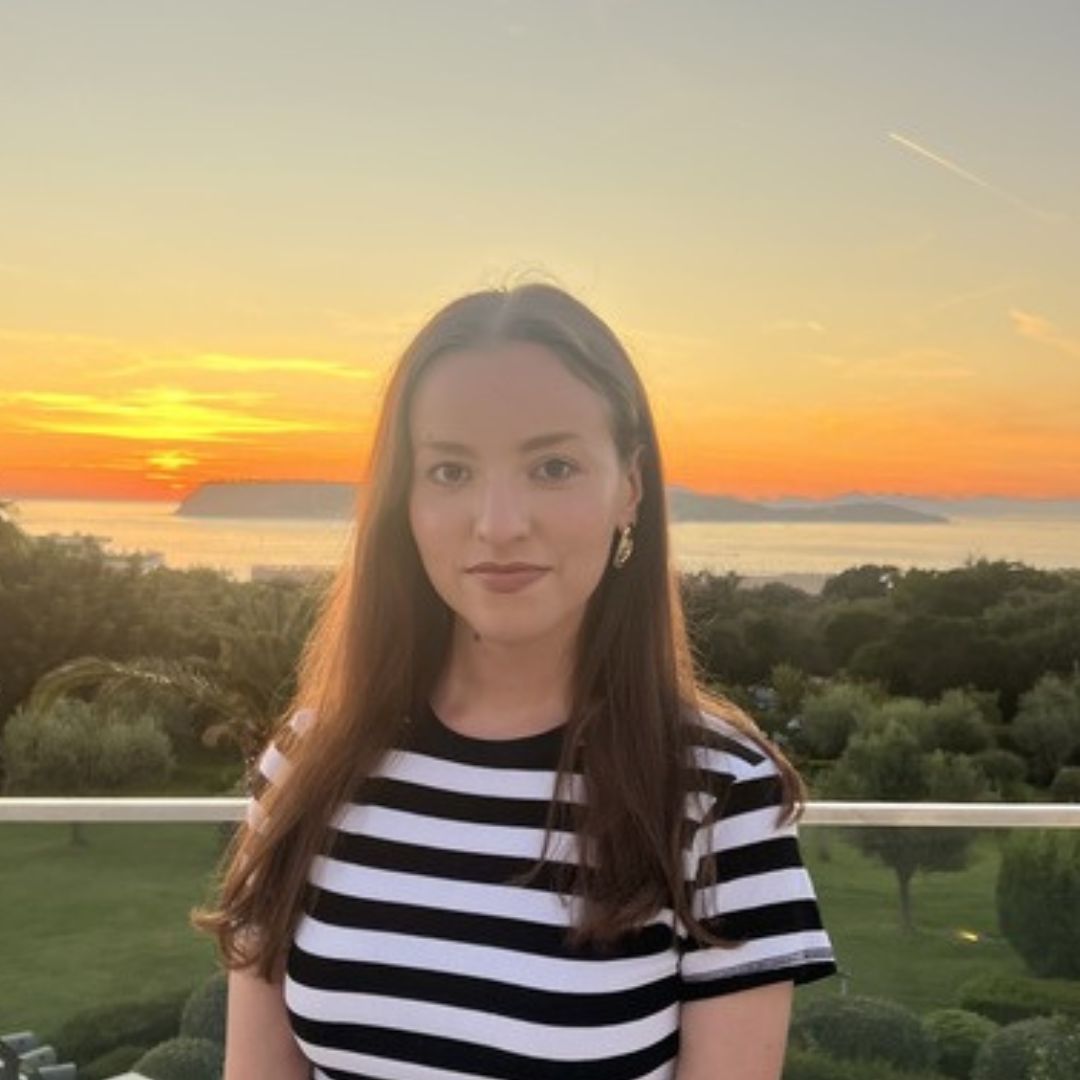
Frances Daniels is a PPA-accredited journalist and Sleep Staff Writer at Tom's Guide with an MA in Magazine Journalism from Cardiff University. Her role includes covering mattress and sleep news and writing sleep product reviews and buyer's guides, including our Best Hybrid Mattress 2025 guide. She is interested in the relationship between sleep and health, interviewing an array of experts to create in-depth articles about topics such as nutrition, sleep disorders, sleep hygiene, and mattress care. She is also our specialist on mattress toppers — producing bed topper reviews and taking care of our Best Mattress Toppers 2025 guide — and leads content relating to fiberglass-free beds for a non-toxic sleep. Outside of Tom's Guide, she has written for Ideal Home and Marie Claire.
 Club Benefits
Club Benefits





